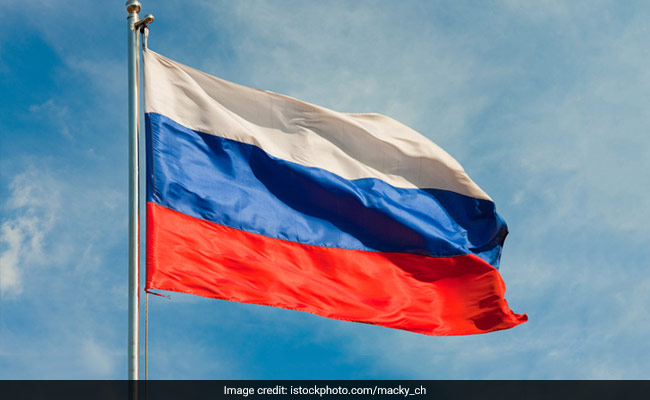2024-02-07 17:01:24

The government Rosstat statistics agency published the figures in a statement. (Representational)
Russia’s economy grew 3.6 percent last year thanks to a boost in military spending because of the offensive in Ukraine although long-term economic challenges remain, official data showed on Wednesday.
The government Rosstat statistics agency published the figures in a statement.
In 2022, gross domestic product (GDP) had contracted by 1.2 percent after the initial effects of Western sanctions imposed on Moscow after it sent troops into Ukraine.
The 2023 result shows the economy has largely absorbed the effect of the sanctions, finding ways around them by changes in supply lines and trade partners and through government intervention.
Economic activity was supported by favourable energy prices, easy credit conditions and strong domestic demand because of the defence sector, as well as rising salaries to attract workers in sectors experiencing labour shortfalls.
And, despite a major increase in federal spending, public deficit has remained contained at 1.9 percent of gross domestic product, the finance ministry said.
The auto sector — a symbol of Russia’s openness to foreign capital now dominated by Chinese manufacturers — and banking have recovered well from the exit of major European firms and heavy sanctions.
Another boost for the Russian government has been its ability to reduce its budget dependency on oil and gas revenues.
The sector represented around half of federal revenues in 2022. That proportion dropped to just one third last year.
While Western powers are trying to come up with new sanctions to hamper the economy, particularly the arms industry, the process has been slowed down by divisions within the United States and the EU.
Many challenges
Despite Russia’s relatively positive economic situation, the economy still faces many long-term challenges whose effect is difficult to gauge at this stage.
The economy in 2023 saw what observers have called a “cycle of overheating” due to the transition because of sanctions.
The rise in domestic demand is largely the result of an increase in military orders rather than a particularly favourable context for the economy’s main sectors.
More than half a million Russians have joined the defence industry since 2022, according to President Vladimir Putin, a number that shows the efforts required to sustain the campaign in Ukraine despite the human and economic toll.
This dependency on military investment will increase even more in 2024, with the government planning a 70-percent increase in defence spending which will make up 30 percent of federal spending and 6 percent of GDP — a first for modern Russia.
The economic recovery has also been accompanied by a return of inflation which rose to 7.4 percent in 2023, cutting into spending power, which has also been hit by the fall in the value of the ruble.
The central bank has raised interest rates to 16 percent despite discontent from business leaders concerned about the rising cost of money in the country.
Unemployment of 3 percent has also shown up a lack of manpower, pushing up salaries and increasing inflationary pressures.
Over the long term, the emigration of hundreds of thousands of Russians following the offensive in Ukraine will deprive key sectors of qualified manpower.
Some tech and aerospace companies, which depend on Western technology, have also been forced to turn to partners in third countries — a process that takes up time and weighs on balance sheets.
Russian authorities are expecting economic activity to slow down in 2024 but continue to grow.
(Except for the headline, this story has not been edited by NDTV staff and is published from a syndicated feed.)
russian economy,Russia GDP
Source link
9 total views , 1 views today
